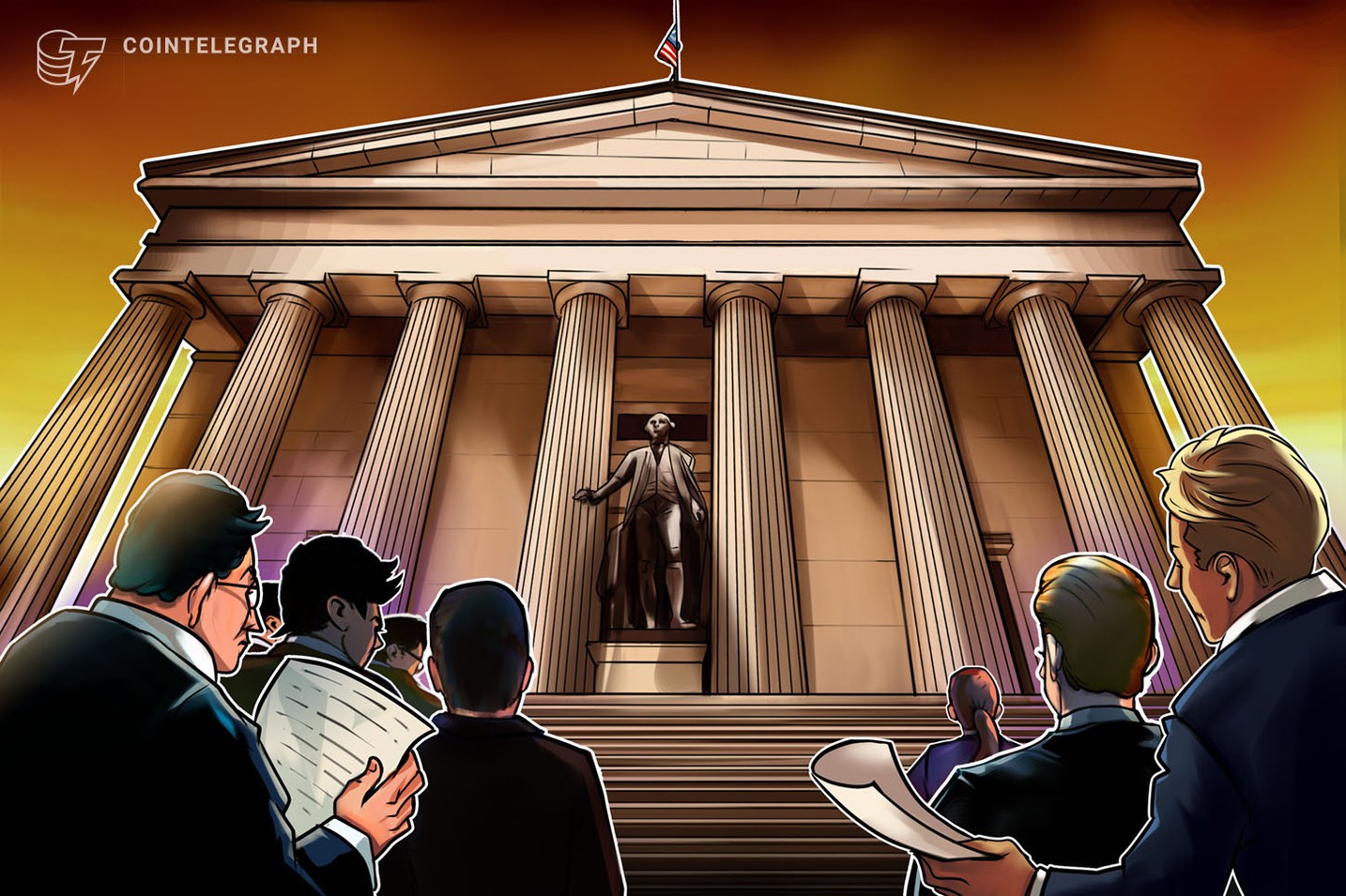
Donald Trump seems to have doubled down on digital assets after he was convicted of 34 felony counts in New York.
Though it is an election year in the United States, politicians are not new to using topical issues to divert attention away from less-than-favorable media coverage. Cryptocurrency seems to be one of the latest methods some U.S. lawmakers employ to ‘wag the dog’ on information that could potentially harm them when voters go to the ballot boxes in November.
For members of the Republican Party, this could mean making a popular statement against issuing a central bank digital currency (CBDC) or equating cryptocurrencies like Bitcoin (BTC) with financial freedom. Some Democrats might choose to associate crypto transactions with the financing of terrorism or break ranks with many party members and come out in support of digital assets.
On June 18, the U.S. House of Representatives Committee on Ethics announced that it would be investigating Florida Representative Matt Gaetz for obstruction related to allegations of “sexual misconduct and illicit drug use.” Gaetz has previously backed legislation favoring crypto regulation, including the Financial Innovation and Technology for the 21st Century (FIT21) Act. However, he has rarely made public statements suggesting digital assets were central to his position as a lawmaker.





